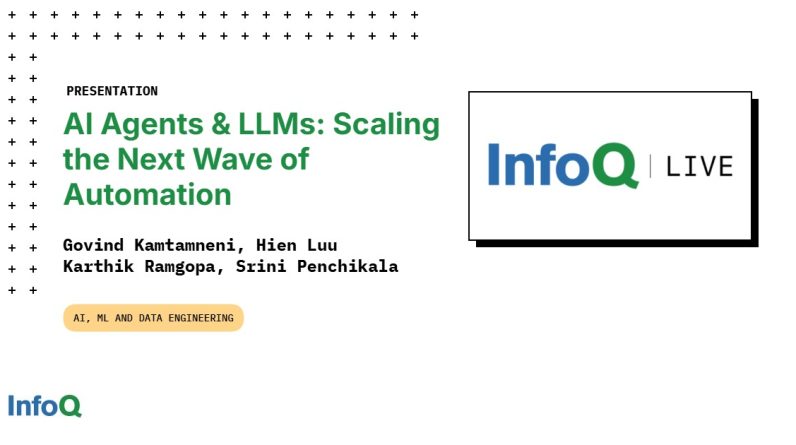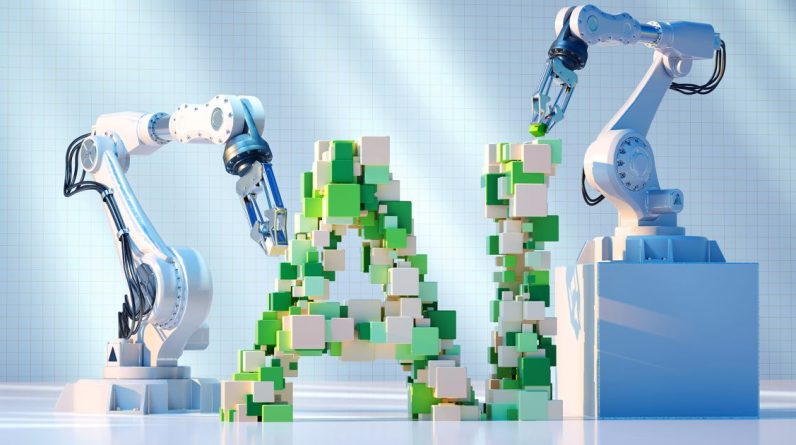In a recent outcry, tech entrepreneur Elon Musk describes the current competition for artificial intelligence expertise as unparalleled. Musk has reportedly increased compensation for AI specialists at Tesla, citing aggressive recruitment tactics from competitors, specifically mentioning OpenAI, whose leadership includes Sam Altman. Amidst this dispute, a notable engineer, Ethan Knight, transitioned from Tesla to join Musk’s start-up, xAI.
The battle for AI talent has been intensifying, with Musk claiming that Tesla’s Autopilot division, boasting more than 200 engineers, is speeding up its innovation in autonomy. Despite these claims, the departure of the fourth engineer to one of Musk’s parallel ventures is igniting concerns among Tesla’s stakeholders. They express unease regarding the transfer of employees between Musk’s interests, especially as Tesla’s principal automotive operations decelerate.
Investor apprehensions are further flamed by Musk’s tactics, which include using Tesla as a springboard for his personal projects. Some also criticize Musk for potentially leveraging the company’s resources unfairly—a topic highlighted by recent litigation exposing Tesla’s board’s lax oversight of such transfers.
Contrary to this, Musk’s strategy may hold a hidden agenda. By casting xAI as a victim of talent poaching by industry leaders like OpenAI, Musk seems to be positioning his new enterprise as a serious competitor in the AI sphere.
While Tesla prides itself on a strong team dedicated to AI and autonomy, xAI is currently trailing behind OpenAI. Hiring away Tesla’s proven engineers could be Musk’s maneuver to bridge this expertise gap. This internal competition emerges as Musk publicly acknowledges the extreme nature of the current AI talent acquisition battles, underscoring the high stakes involved in the race to AI dominance.
The artificial intelligence (AI) industry has been experiencing exponential growth over the past decade. The demand for AI technologies is on the rise, as they are being incorporated into various sectors such as healthcare, finance, manufacturing, and particularly the automotive industry—where Tesla is a key player. This surge in demand has led to an aggressive race to acquire top AI talent, as companies seek to innovate and retain a competitive edge.
The Industry and Market Forecasts
The AI industry is projected to continue its rapid expansion, with market research firms forecasting the global AI market size to reach multi-billion-dollar figures in the coming years. This growth is driven by the increasing adoption of cloud-based services and the escalation of big data analytics. Furthermore, the development of more sophisticated AI applications—ranging from natural language processing to advanced robotics—is prompting companies to invest heavily in AI research and development.
Issues Related to the Industry
Despite the industry’s promise, there are significant issues that companies like Tesla and emerging competitors must navigate. A major concern is the ethical implications of AI, such as privacy, security, and the potential for job displacement. Additionally, there is the challenge of creating AI that is transparent and accountable, which is critical for gaining public trust.
Another issue is the ‘brain drain’ within companies, as seen with Tesla and xAI, where internal competition can lead to a reshuffling of talent that may affect certain projects or initiatives. This also points to a larger problem of a limited talent pool, which could stifle innovation and drive up wages unsustainably.
Furthermore, companies must contend with intellectual property issues when key personnel move between competitors or related ventures, which can lead to legal battles and strategic dilemmas.
Conclusion
The AI industry is vibrant and ever-evolving, with substantial investments and advancements being made continuously. Market entrants like xAI need to establish themselves amidst fierce competition and navigate complex issues inherent to AI development and adoption. As for larger players like Tesla, maintaining innovation while managing talent resources presents its own set of challenges. Musk’s public statements and business maneuvers are a testament to the high-value companies place on AI expertise and the lengths they will go to secure it.
To remain abreast of these industry trends, investors, stakeholders, and spectators look to entities such as OpenAI and Tesla, which are at the forefront of shaping the future of artificial intelligence. The intensity of the competition for AI expertise is unlikely to wane, highlighting the strategic importance of human capital in the unfolding AI landscape.

Jerzy Lewandowski, a visionary in the realm of virtual reality and augmented reality technologies, has made significant contributions to the field with his pioneering research and innovative designs. His work primarily focuses on enhancing user experience and interaction within virtual environments, pushing the boundaries of immersive technology. Lewandowski’s groundbreaking projects have gained recognition for their ability to merge the digital and physical worlds, offering new possibilities in gaming, education, and professional training. His expertise and forward-thinking approach mark him as a key influencer in shaping the future of virtual and augmented reality applications.






